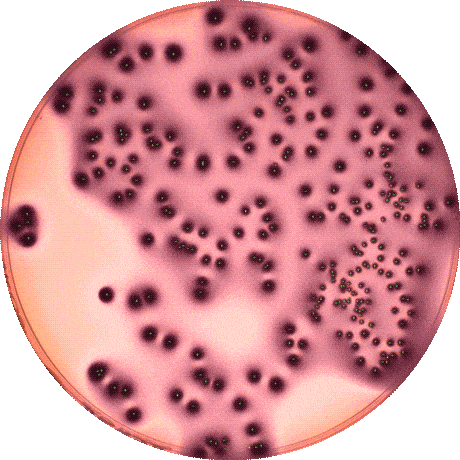Special Interest Posts

MetaGene congratulates QIMR Berghofer's Prof. Sudha Rao
MetaGene congratulates Professor Sudha Rao, head of the Gene Regulation and Translational Medicine Group at #QIMRBerghofer
MetaGene have been supporting Prof. Rao with the TGA approved, ASI Digital Pathology System.
We're looking forward to the clinical trials and potential improvements in COVID-19 patient treatment and care.
Professor Sudha Rao, head of the Gene Regulation and Translational Medicine Group at QIMR Berghofer spoke with Fran Kelly on ABC's RN Breakfast about promising new drugs developed in Queensland that could prevent #COVID19 infection and treat people who've been exposed to #sarscov2 so they don't develop severe disease.
To listen to the ABC RN Breakfast interview with Fran Kelly : Click Here
The study findings have been published in the prestigious Nature publication Cell Discovery:
COVID Research using the ASI Digital Pathology System
Scientists from QIMR Berghofer Medical Research Institute in Queensland recently developed two new drugs to both prevent SARS-CoV-2 infection, and also treat people who have been exposed to the virus so they do not develop severe disease.
See the QIMR Berghofer Media Release: Click Here
The study findings have been published in the prestigious Nature publication Cell Discovery, download the article: Click Here
Tu, W.J., McCuaig, R.D., Melino, M. et al. Targeting novel LSD1-dependent ACE2 demethylation domains inhibits SARS-CoV-2 replication. Cell Discov 7, 37 (2021).

Differentiating Diluents: Tricks of the Trade for Diluting Antibodies
Aqueous environment greatly influences antibody conformations. When preparing working solutions of concentrated antibodies, it is important to select a diluent that will not alter the stability and binding properties of the antibody. Charge, hydrophobicity, and other physiological/chemical properties can affect antibody-diluent combinations.
Binding of antigens to antibodies is pH dependent and highly controlled by ionic interactions. Diluents with a relatively neutral pH (pH of 7.0- 7.4) are often ideal buffers and a great starting point for optimization. “The isoelectric point, or pI (the pH at which the net electric charge of a molecule is zero), for immunoglobulins can range from 5.8 to 8.5 for a given antibody.”1 If the pH of the diluent is too close to the pI of the antibody, solubility can weaken, resulting in negative effects on staining and background. Amino acid side chains in antibodies and antigens are also affected by pH.
Biocare Medical's Revival Series of Super Antibody Diluents: DaVinci Green, Monet Blue, Renoir Red and Van Gogh Yellow are optimized formulations for improving antibody titers and are extremely stable for long-term storage.
Contact us for details.
To learn more about Biocare Medical’s Antibody Diluents, download the whitepaper below:




Interscience 200 plate colony counting incubator installed in Melbourne
Interscience have developed a revolutionary approach to the manual technique of colony counting. The ScanStation 200 can incubate, retrieve, image and count a variety of colonies as they grow in a temperature controlled environment.
MetaGene and Interscience have installed the first ScanStation 200 at the ALS laboratory in Scoresby, Victoria.
Contact us on 1800 788 498 for more information on the Interscience ScanStation range or visit https://www.interscience.com/en/products/real-time-incubator-and-colony-counter/

Coliforms on VRBL agar incubated at 37°C

Advanced understanding of cancer progression in circulating tumor cells using multiplexed imaging technology
Applied Spectral Imaging (Israel), MetaGene and QIMR Berghofer Medical Research Institute (Australia) have developed a multiplexed fluorescent imaging system to advance the understanding of disease progression in tissue, liquid biopsy and circulating tumor cells.
The system offers a cost-effective, rapid, integrated solution for up to 24-plex* MIF analysis.
Original Research Article:
Targeting Nuclear LSD1 to Reprogram Cancer Cells and Reinvigorate Exhausted T Cells via a Novel LSD1-EOMES Switch
Front. Immunol., 16 June 2020 https://doi.org/10.3389/fimmu.2020.01228
Contact us on 1800 788 498 for more information on Applied Spectral Imaging technology or visit https://spectral-imaging.com
*Dependent on Filter and Module selection.